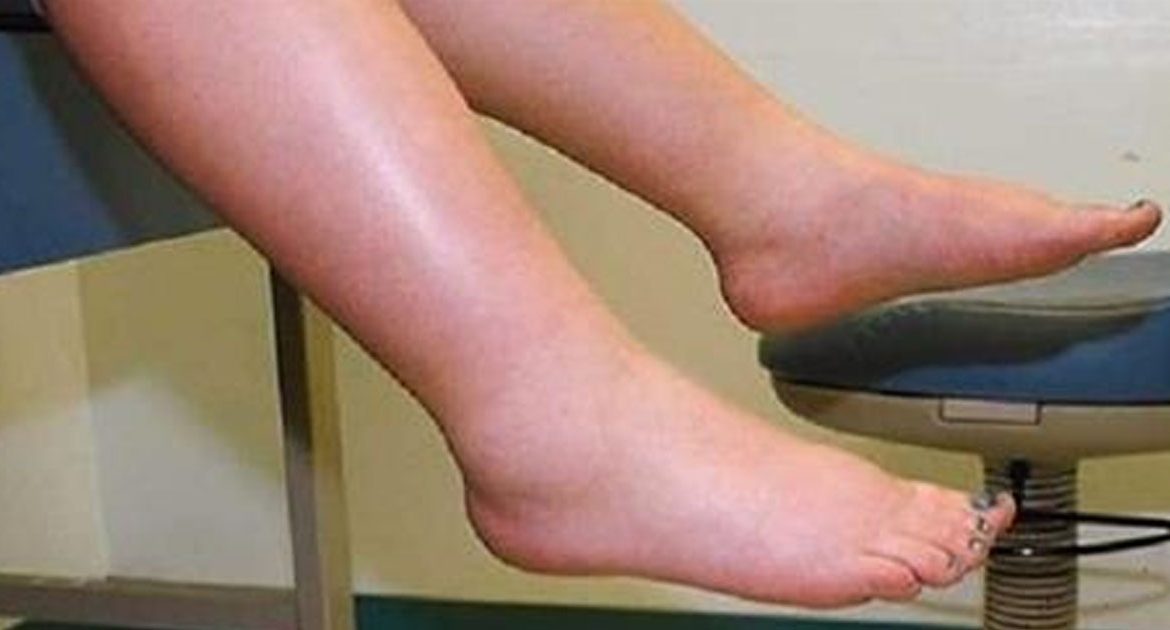The accumulation of water in the tissues is called fluid retention, or edema, and is caused by an imbalance in the liquid levels in the body.
The body is a complex system of hormones whose stability often requires oscillations in the levels of liquids.
Therefore, if you drink more water than recommended, the kidneys will eliminate the fluid through sweat or urine, and you will face no adverse effects.
Yet, you need to know the most common causes of fluid retention:
Dehydration
The body retains water as a way to survive if the body is already dehydrated, and this cause swelling in the tissues.
Consuming too much sodium
The excessive intake of sodium and inadequate intake of water lead to fluid retention.
Potassium deficiency
The low potassium levels in the body often impede the function of some organs in the body and fluid retention, as minerals actually regulate the water balance in the body.
Processed foods
These foods are rich in sodium and sugar, which are the main causes of fluid retention.
Magnesium deficiency
Magnesium is one of the essential minerals for our health, and it is recommended to take at least 200 mg. of magnesium daily. This will prevent numerous health issues, including water retention.
Vitamin B6 deficiency
The insufficient levels of vitamin B6 in the body often lead to fluid retention, so make sure to optimize its levels by consuming foods like bananas, tuna, potatoes, sunflower seeds, pistachios, or chicken.
We reveal some simple tips to help you prevent edema:
— Eat more fruit and vegetables, as they are rich in flavonoids which eliminate excess fluids from the body.
— Regular exercise prevents fluid retention, as it activates the circulation in the legs by compressing the muscles in the veins, and helps the removal of fluids through the urine and sweat.
— While resting, raise the legs to reduce the swelling in the ankles. You should place the ankles above the knees at a sharp angle in order to accelerate the movement of fluids.
— You should avoid tight clothes as they impair circulation.
— Limit the intake of salt to prevent dehydration.
— Avoid showering with too hot water.






